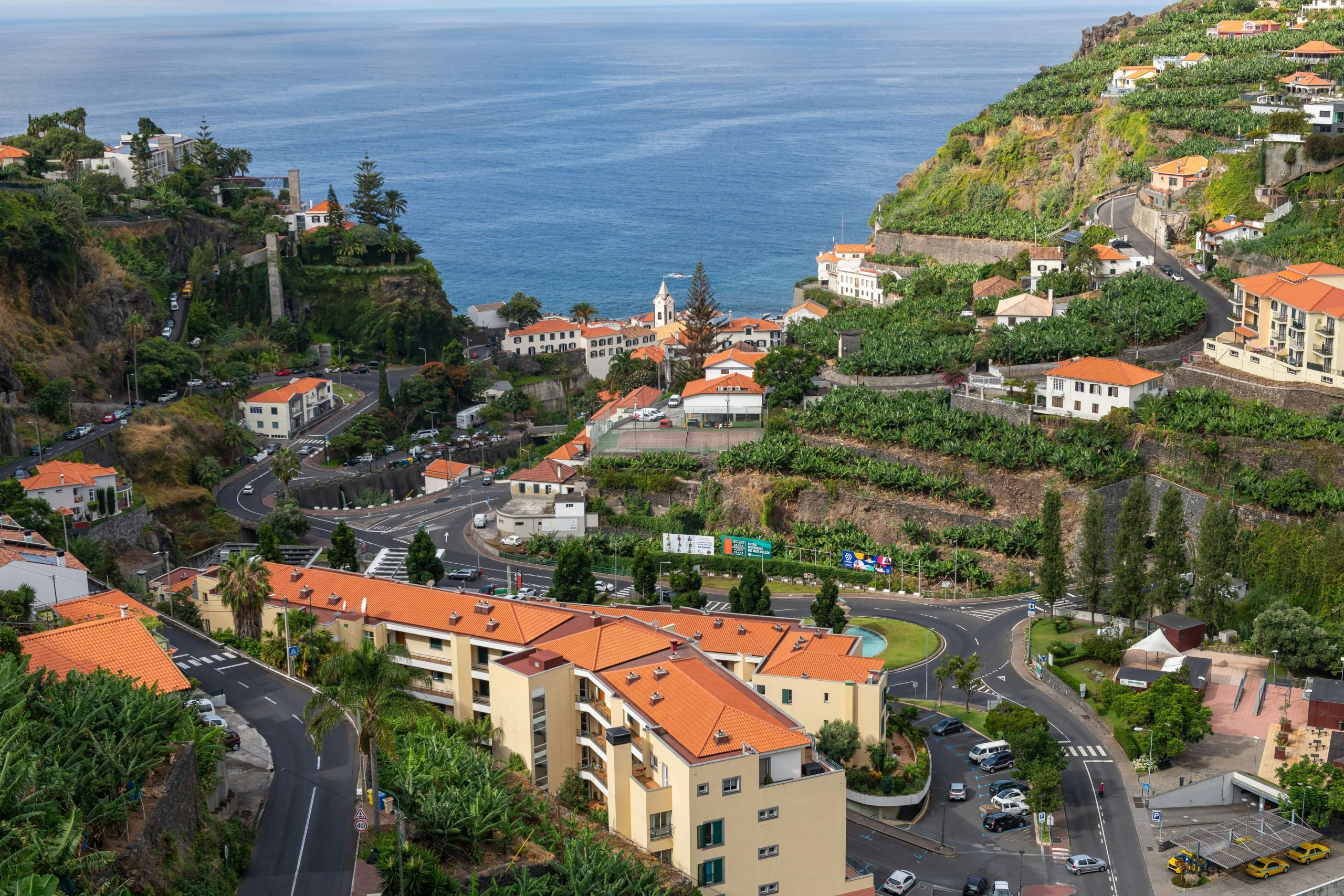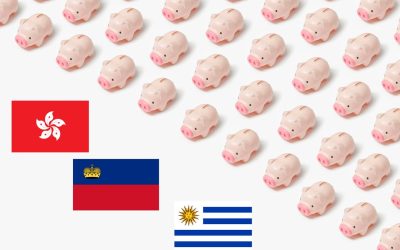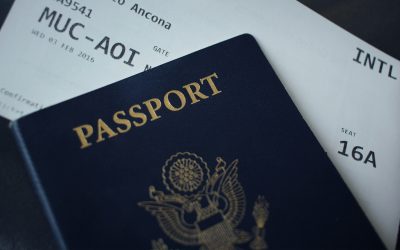If you’re an expat considering a move to Madeira, Portugal’s updated tax program—NHR 2.0—might be the opportunity you’ve been waiting for. Designed to attract highly qualified professionals, researchers, and entrepreneurs, this new regime offers compelling tax benefits that could make relocating to the island even more attractive.
In this article, we’ll explain precisely what NHR 2.0 is, how it differs from the old Non-Habitual Resident regime, who qualifies, and why Madeira may be the ideal place to take advantage of this innovative program.
What Is NHR 2.0?
NHR 2.0, short for Incentivo Fiscal à Investigação Científica e Inovação (Tax Incentive for Scientific Research and Innovation), is Portugal’s new tax regime aimed at encouraging skilled professionals to move to the country. Officially enacted through the 2024 State Budget, it became operational on January 1, 2024, with further implementation guidelines outlined in Ordinance No. 352/2024/1 published on December 23.
While the original Non-Habitual Resident (NHR) regime had broader appeal—especially among retirees and high-net-worth individuals—NHR 2.0 is more targeted, focusing specifically on professionals whose work contributes to innovation, research, or regional economic growth.
Key Benefits
For expats relocating to Madeira, NHR 2.0 offers several significant advantages:
- Flat 20% Tax Rate: Qualifying income from employment or self-employment is taxed at a reduced flat rate of 20%, rather than Portugal’s progressive tax rates that can reach up to 53%.
- 10-Year Duration: The tax benefit applies for a non-renewable period of ten consecutive years from when you become a Portuguese tax resident.
- Foreign Income Exemptions: Most foreign-sourced income is exempt from Portuguese tax, though it must be reported for rate calculation purposes.
- Capital Gains Exempt: Foreign capital gains remain tax-exempt, offering added financial efficiency for investors and entrepreneurs.
- Madeira and the Azores: Specific provisions are expected for those relocating to Madeira, making the island an even more strategic choice for benefiting under the NHR 2.0 regime.
Who Qualifies for NHR 2.0?
Unlike the original NHR program, which had broad eligibility, NHR 2.0 is focused on attracting professionals in specific fields and industries. To benefit, your activity must take place in Portugal (including Madeira) and fall under one of the following categories:
- Scientific research and higher education roles
- Qualified positions in companies benefitting from productive investment contracts
- Roles listed in the annex to Ordinance No. 352/2024/1
- Jobs in companies recognized by AICEP or IAPMEI as strategic to national development
- Research and development roles tied to Portugal’s R&D tax credit system
- Employment in certified start-ups that meet specific criteria
- Any eligible role based in Madeira or the Azores, pending additional regional legislation
This targeted focus makes NHR 2.0 particularly attractive for tech professionals, researchers, start-up founders, and other skilled individuals seeking a lifestyle change without sacrificing their career ambitions.
Why Expats Are Choosing Madeira Under NHR 2.0
With its subtropical climate, high quality of life, and growing innovation ecosystem, Madeira is fast becoming a top destination for expats under NHR 2.0. As a Portuguese autonomous region, Madeira is expected to publish its rules specifying additional eligible roles and activities. This means early movers may benefit from upcoming regional incentives in addition to the core regime.
Furthermore, Madeira offers:
- A business-friendly environment with strong support for start-ups and remote work
- High-speed internet and co-working spaces in Funchal and beyond
- Access to the European market with the comforts of island living
- English-speaking communities and expat networks
- Excellent healthcare and education options
How to Apply in Madeira
Applying for NHR 2.0 requires proper planning and documentation. You’ll need to:
- Establish tax residency in Portugal (by staying more than 183 days per year or having a permanent home)
- Verify that your professional activity meets the eligibility criteria
- Submit the necessary forms and documentation to the relevant sector-specific authority (e.g., AICEP, IAPMEI)
- Register with the Portuguese tax authorities
Because the process involves multiple institutions and varying criteria, seeking professional support when applying for this tax benefit is highly recommended, particularly if you’re relocating to Madeira, where regional guidelines are still being developed.
Final Thoughts: Is NHR 2.0 Right for You?
Whether you’re a tech entrepreneur, a scientific researcher, or a skilled professional seeking a better lifestyle, NHR 2.0 could be your gateway to a tax-efficient life in Madeira. Though the regime is still in its early stages, it presents a powerful incentive for high-value individuals to contribute to Portugal’s—and Madeira’s—future.
As more details emerge, mainly from Madeira’s regional authorities, this could be one of Europe’s most attractive relocation incentives.
Need Help Navigating?
If you’re considering a move to Madeira and want to take full advantage of NHR 2.0, our team at Madeira Corporate Services can guide you through every step—from eligibility checks and application support to tax planning and business setup. Get in touch today to make your relocation to Portugal seamless and rewarding.
The founding of Madeira Corporate Services dates back to 1996. MCS started as a corporate service provider in the Madeira International Business Center and rapidly became a leading management company… Read more




